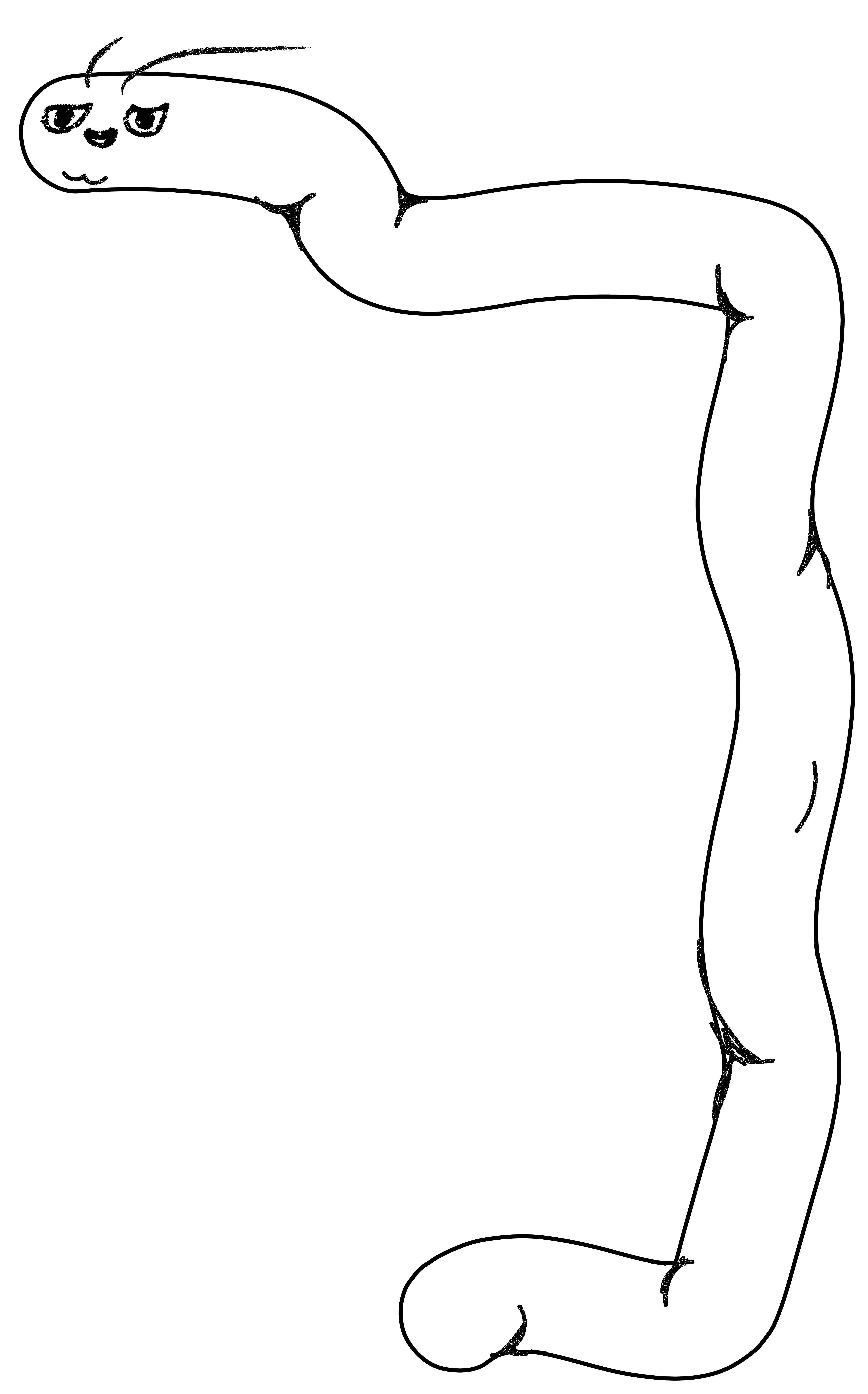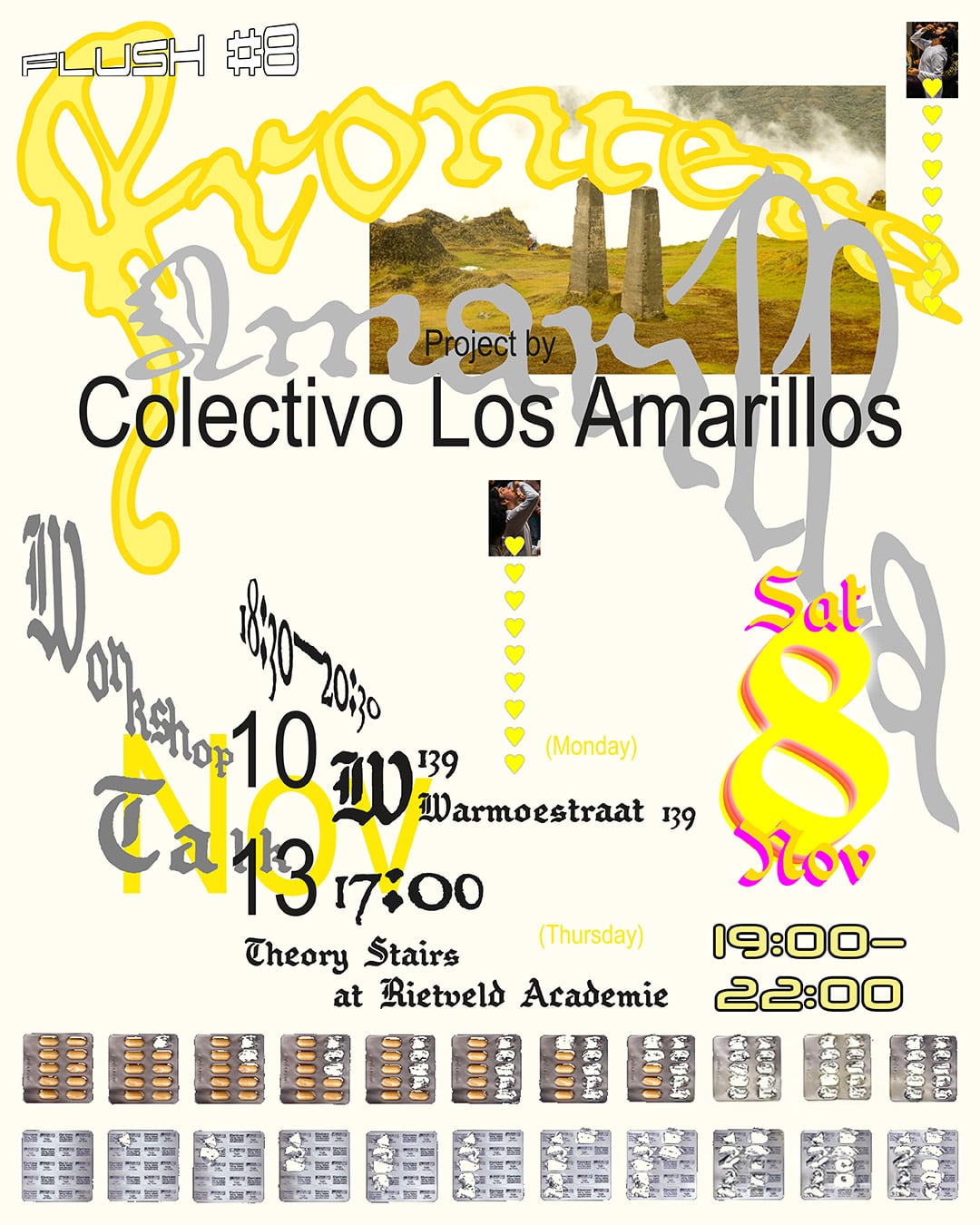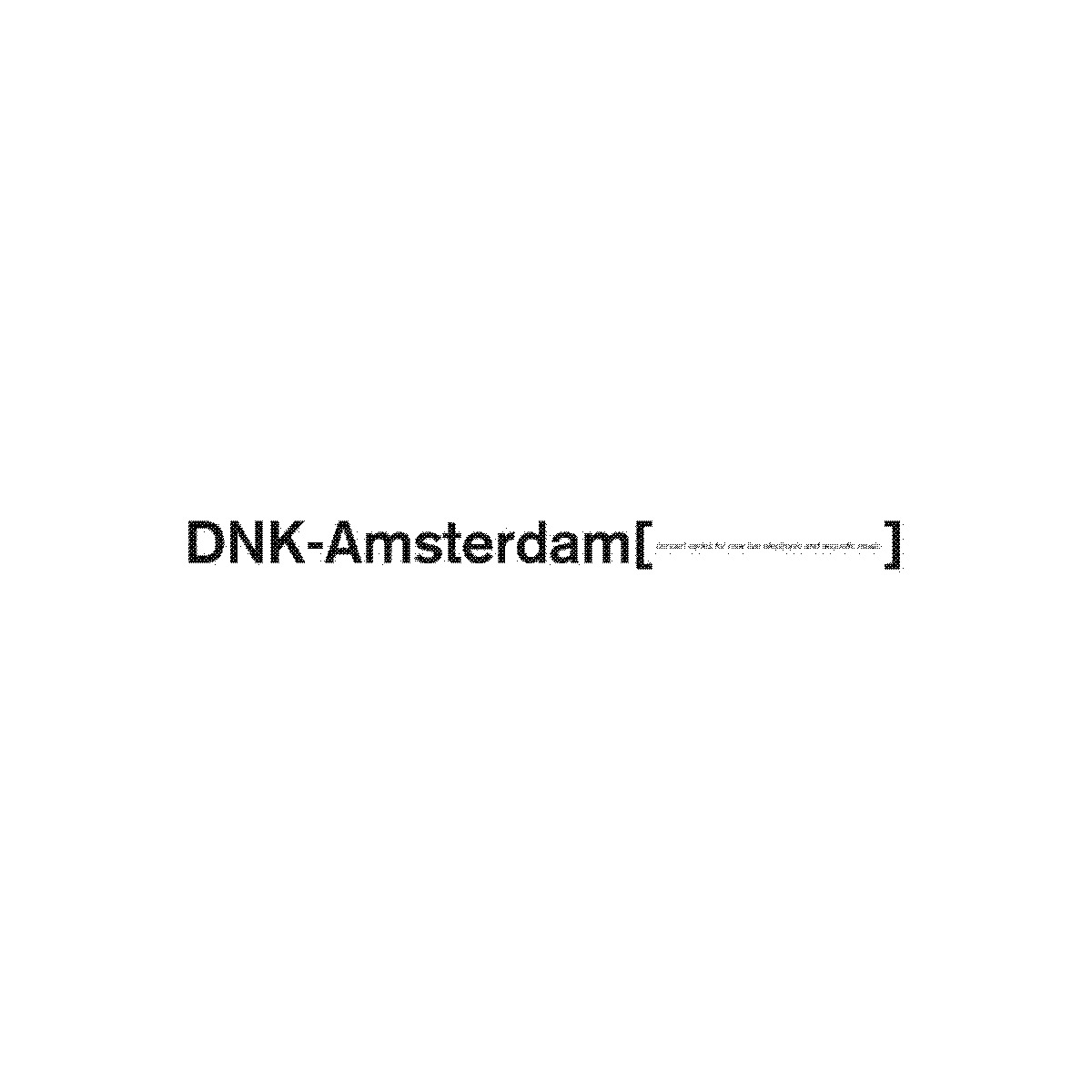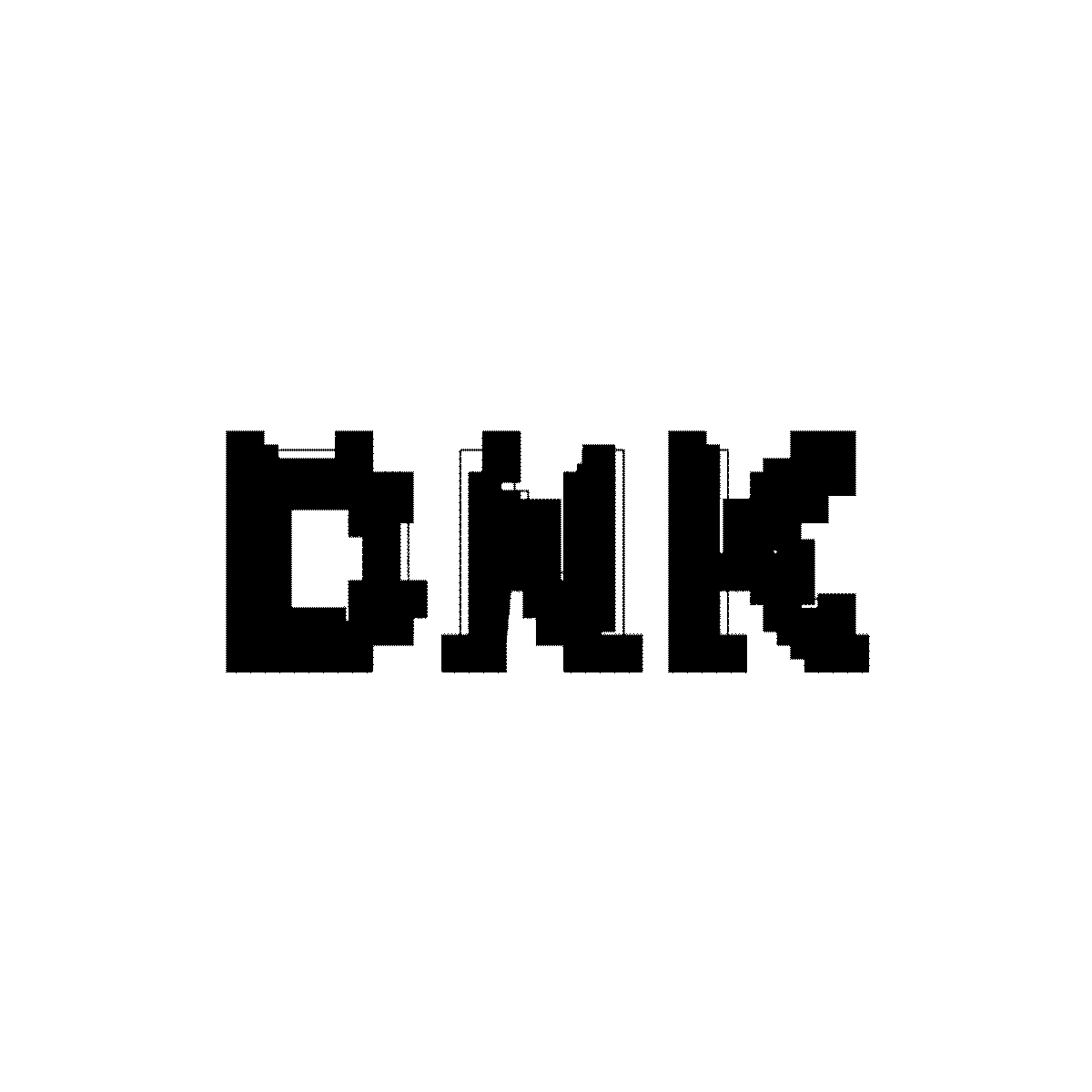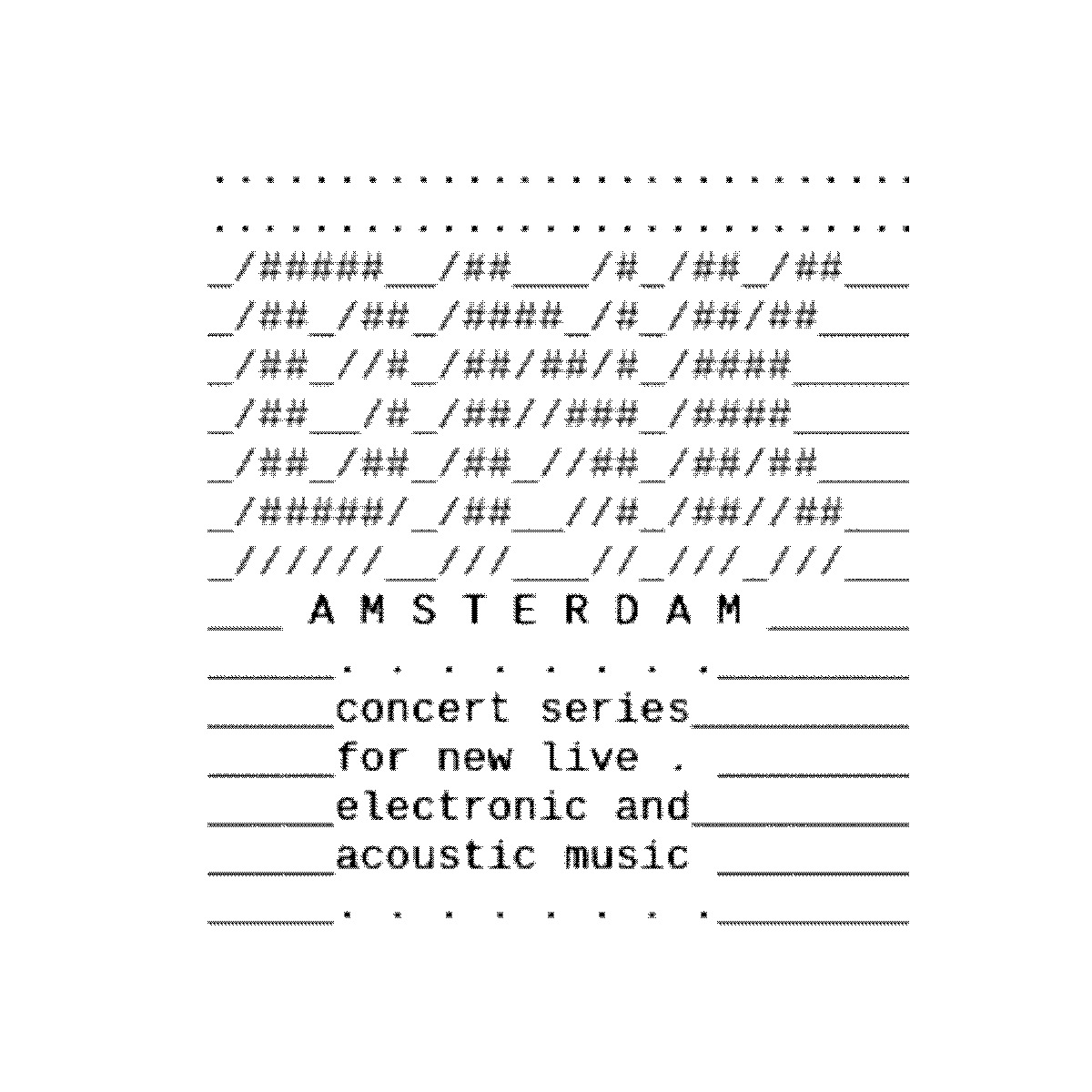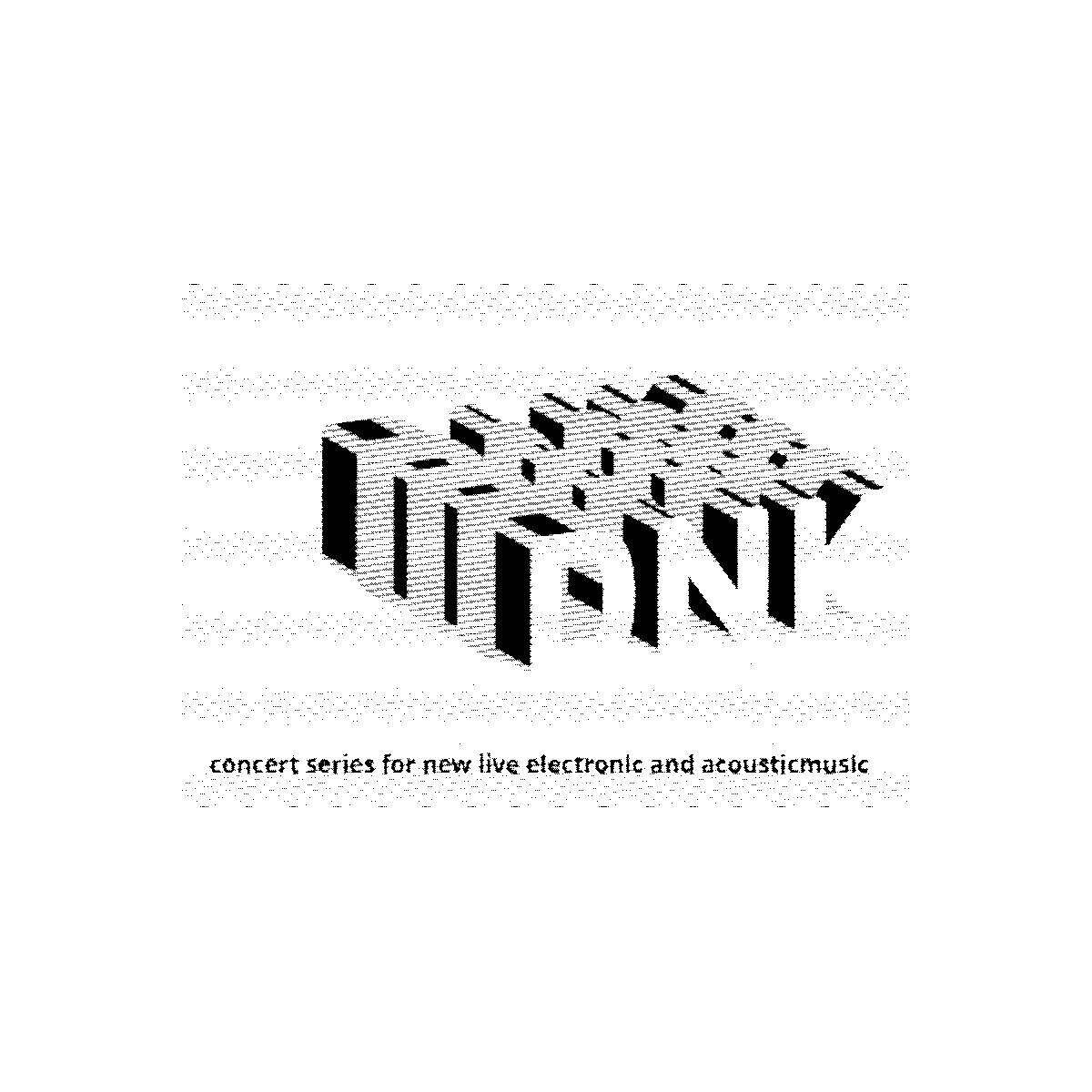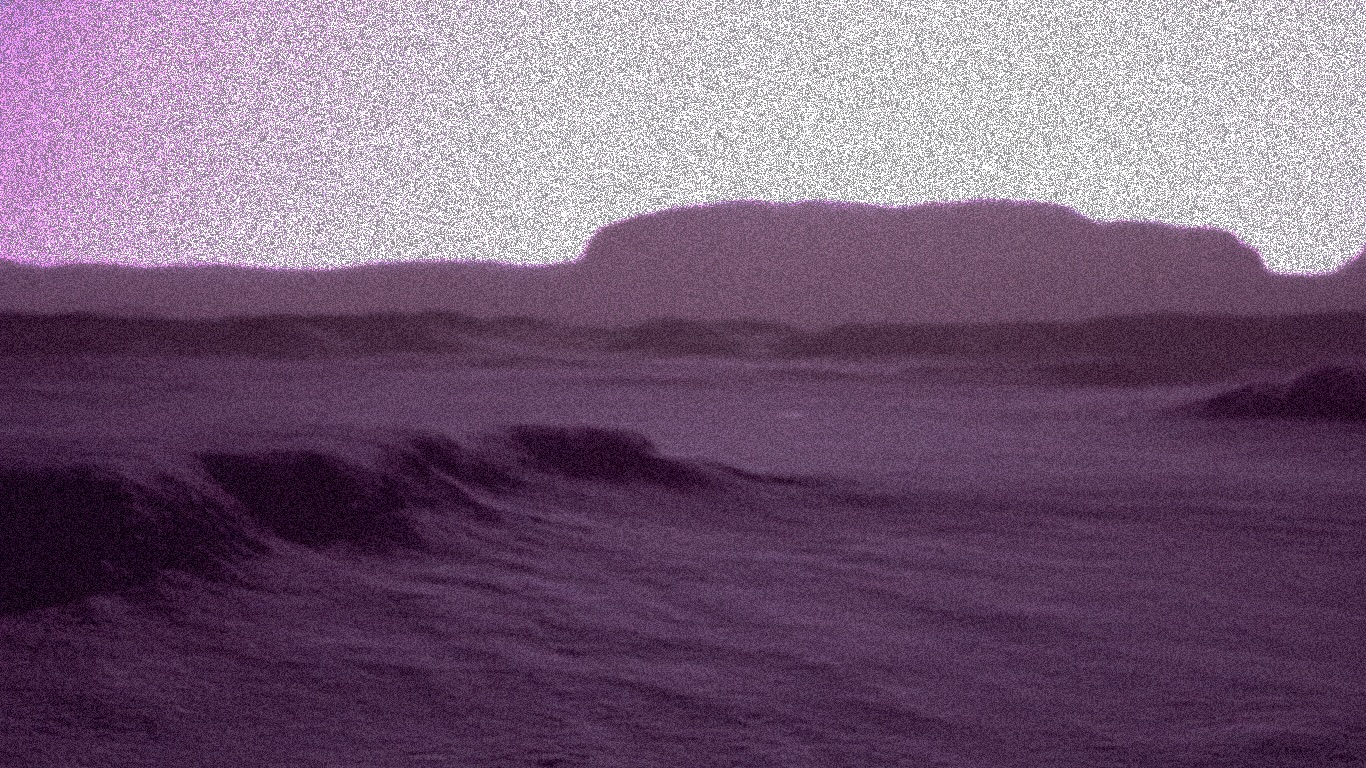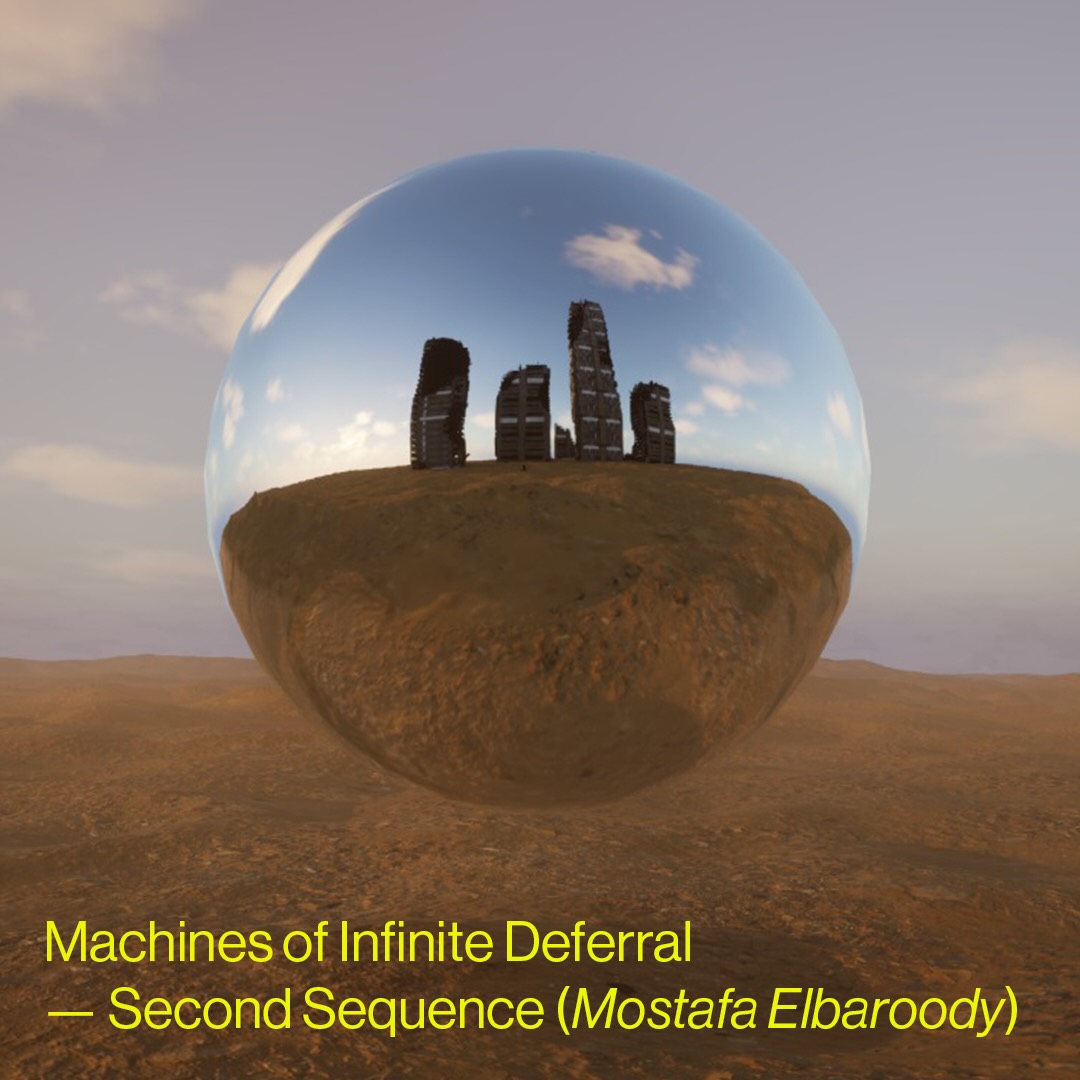phANTASMAL HAIRSALON is a multidisciplinary art exhibition and performance choreographed by Raoni Muzho Saleh in co-creation with Karin Iturralde Nurnberg. W139 will transform into a campy, draggy hair salon where members of the public—the Clients—undergo a fabulous (or fabulously wrong) performative hair transformation by wearing a sculptural hairstyle while the rest of the public watches the performance.
Book an appointment, get crowned with a sculptural hairdo by the Hairstylist—a shady yet passionate character—and then strut it outside. Wearing our avant-garde, fabulous hair-do (or hair-don’t), you turn the streets into a campy moving exhibition and a cheeky drag protest against a sterilized world. phANTASMAL HAIRSALON aims to bring back, albeit momentarily, the old days when uncanny, colorful figures would prance the streets proudly. Be aware that there is no cutting involved—but a revival of look and spirit is guaranteed.
phANTASMAL HAIRSALON openingsdagen
— Friday 21 November 18:00-21:00 opening of phANTASMAL HAIRSALON
— Sunday 23 November 14:00-17:00 HAIRSALON open, with Raoni and Taka Taka
— Wednesday 17 December 14:00-17:00 HAIRSALON open, with Raoni and Clara Saito
— Friday 19 December 14:00-17:00 HAIRSALON open, with Raoni and Clara Saito
Sign up here for your appointment with the hairdresser!
Raoni/Muzho Saleh is a Hazara/Dutch artist using performance, installation and the sound of mourning and moaning to twist and reshape narratives of (cultural) becoming. His work’s focus is to play with the personal, social and political edges. Imbuing his love for art, with body, spirit and politics through movement, voice and textile, he creates temporary immersions into Otherworldly feeling, relations and thought.
Karin Iturralde Nurnberg is an artist working with storytelling in multidisciplinary and sculptural installations. She is born and raised in Ecuador and lives and works in Amsterdam. In her practice she embraces improvisation and the power of spontaneous performative and sculptural interventions, to re-arrange the world around her and shift weighted positions.
